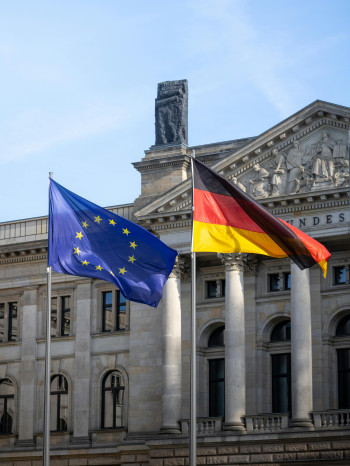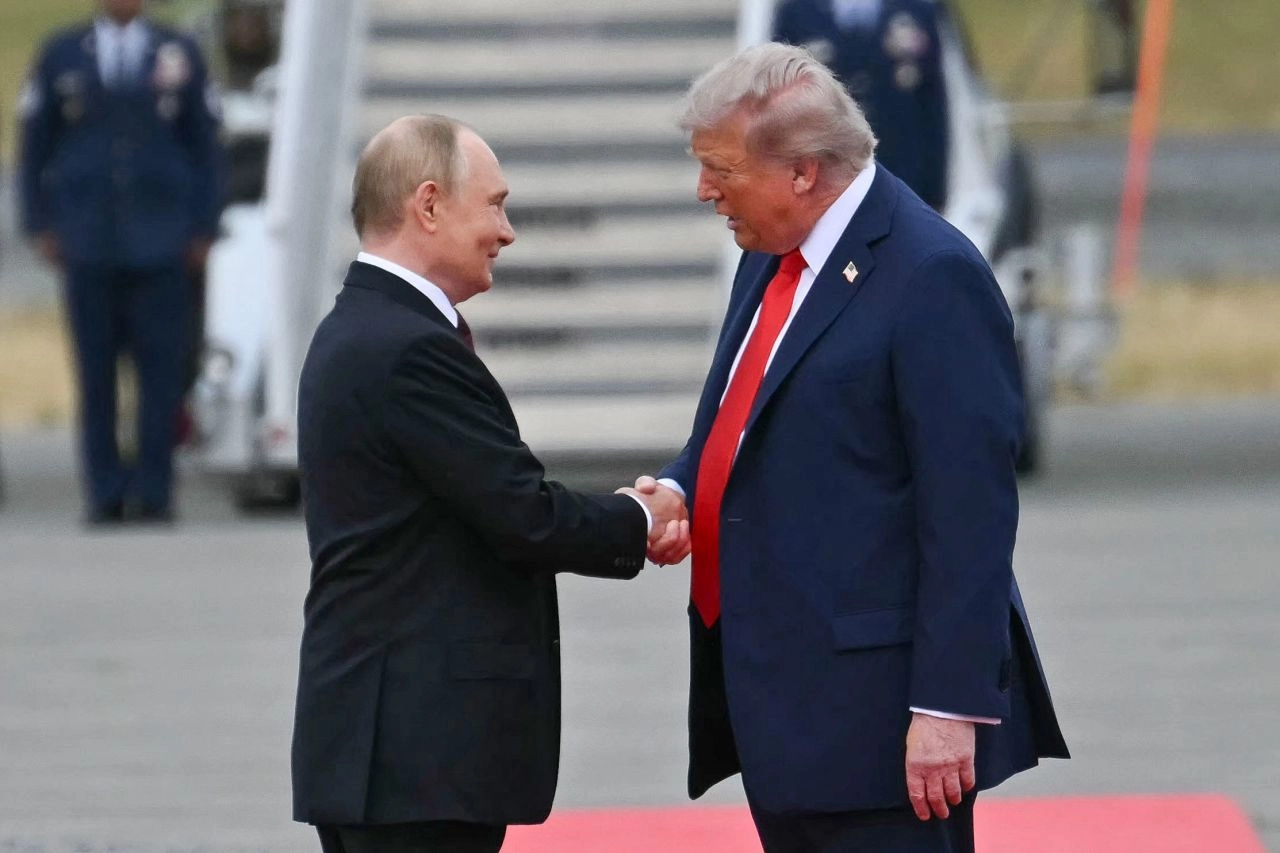What could a meeting between former U.S. President Donald Trump and Russian President Vladimir Putin mean for the ongoing Russia-Ukraine war? Why is Turkish President Recep Tayyip Erdogan optimistic about this development? How might such diplomatic efforts reshape the geopolitical landscape? These questions loom large as global leaders seek pathways to peace amid one of Europe's most devastating conflicts in decades.
The Significance of the Trump-Putin Meeting
The potential meeting between Donald Trump and Vladimir Putin has sparked intense speculation. According to Turkish President Erdogan, this dialogue could provide "new momentum" to end the war. Trump, known for his unconventional diplomatic style, has previously expressed admiration for Putin and a desire to negotiate a swift resolution. While critics question his approach, supporters argue that his direct engagement could break the current deadlock.
A real-world example of such high-stakes diplomacy was the 2018 Helsinki summit, where Trump and Putin met privately, drawing both praise and controversy. While no major agreements emerged, the meeting demonstrated the potential for backchannel discussions to influence geopolitical dynamics.

Erdogan's Role as a Mediator
Turkey, under Erdogan's leadership, has positioned itself as a key mediator in the Russia-Ukraine conflict. Hosting multiple rounds of peace talks and facilitating prisoner exchanges, Ankara has proven its ability to bridge divides between Moscow and Kyiv. Erdogan's recent comments highlight his belief that external diplomatic interventions—like a Trump-Putin meeting—could complement existing efforts.
For instance, the 2022 grain deal brokered by Turkey and the UN showcased how neutral intermediaries can achieve tangible results, even in highly polarized conflicts. This precedent suggests that unconventional diplomatic avenues may hold promise.
Challenges to a Peace Agreement
Despite the optimism, numerous obstacles remain. Ukraine insists on the full withdrawal of Russian troops and the restoration of its territorial integrity—conditions Moscow has repeatedly rejected. Meanwhile, Western allies remain divided on how to engage with Russia, with some advocating for military support to Ukraine and others pushing for negotiations.
The 2014 Minsk agreements serve as a cautionary tale; despite international mediation, the accords failed to bring lasting peace. This history underscores the difficulty of achieving a sustainable resolution without addressing core grievances.
The Geopolitical Implications
A Trump-Putin meeting could have far-reaching consequences beyond Ukraine. It might signal a shift in U.S. foreign policy, particularly if Trump returns to office in 2024. Additionally, it could strain relations between the U.S. and its NATO allies, many of whom view Russia as an existential threat.
For example, Poland and the Baltic states, which have been vocal supporters of Ukraine, may perceive such diplomacy as a betrayal. Balancing these alliances while pursuing peace will be a delicate task.
Public and International Reactions
The global response to a potential Trump-Putin meeting has been mixed. While some hail it as a pragmatic step toward peace, others fear it could legitimize Russia's aggression. Ukrainian officials have expressed skepticism, emphasizing that any negotiations must include their government.
This dichotomy mirrors reactions to past peace initiatives, such as the Normandy Format talks, where divergent stakeholder priorities complicated progress. Public opinion in Ukraine and Russia will also play a critical role in shaping the outcome.
The Path Forward
For any diplomatic breakthrough to occur, several factors must align: trust-building measures, credible guarantees, and inclusive dialogue. The involvement of major powers like the U.S., coupled with regional mediators like Turkey, could create a framework for negotiations.
The 1995 Dayton Accords, which ended the Bosnian War, illustrate how persistent diplomacy—even amid deep hostility—can yield results. While the Russia-Ukraine conflict is distinct, the lesson is clear: sustained engagement is essential.






